This past Fall I was hot off of working at NYCC and in the mood to indulge in the impending spooky season by deciding it was time to revisit Supernatural. I had watched the series initially as it was airing, but at some point along the way I fell off – something happened in 2020, can’t remember what – and I never saw how it all wrapped up. Enter a large bottle of red wine and a hankering for some classic rock and monsters and I was off on each new case riding passenger in that iconic 1967 Chevy Impala with Sam and Dean Winchester. It’s a long and windy road, full of lore and monsters, of course, deals with the devil/s, and gripes with God. It repeatedly asks us to define and redefine what it means to be family and how far is too far when it comes to our obligations to them
What I loved most about the show in the Before Times was its ability to not take itself so seriously. For all the horror and anxieties the Winchesters’ face there is levity and straight-up silliness in equal measure. It’s that kind of harmony that seemed to keep viewers tuning in for fifteen seasons. That’s not to say that Supernatural is without its foibles. The blatant misogyny and treatment of women, particularly in early seasons, is cringy in the best of circumstances and the well-documented history of queerbaiting in later seasons leaves much to be desired and disappointed by. And none of that should come as a surprise. Of the 16 executive producers of the show, only two were women. With a majority of the creative team or the team with the money making the decisions being white, cis, (presumably) straight men whose views of the world center around being centered, you can typically kiss nuance goodbye.
Over the 15 years Supernatural was on air, technology and the internet developed at a rapid velocity and conversations around gender, equity, and justice went through dramatic shifts. It was interesting to see how Supernatural, a show with all-American, blue-collar protagonists assembled with stereotypical “masculine” bits and bobs like a shoot first talk later attitude and predilections for vintage cars, brown booze, and babes would navigate waters that put their own identities as saviors into question. Horror as a genre is predicated on facing our greatest fears about who we are as a society and as individuals. Whether it’s the fear of our capacity for profound evil or the realization of how helpless we really are in the face of a ruthless and unruly natural world we have a lot to be afraid about and much to reckon with.
Supernatural never shied away from confronting what happens when one becomes the monster. The brothers Winchester went to Hell and back at such a dizzying rate it was hard at times to keep storylines straight. Excuses for delving into monsterdom typically centered on the brothers’ codependent dynamic, where everything was done for each other but was never what either of them wanted. With all the abandonment, parentification, and exposure to significant trauma from such young ages it makes sense that the idea of letting someone you love make decisions for themselves and then respecting them even if you don’t agree would be terrifying. If facing homicidal ghosts, demons, and any number of creatures that go bump in the night wasn’t frightening enough, the possibility of having to face them alone can be even more so.
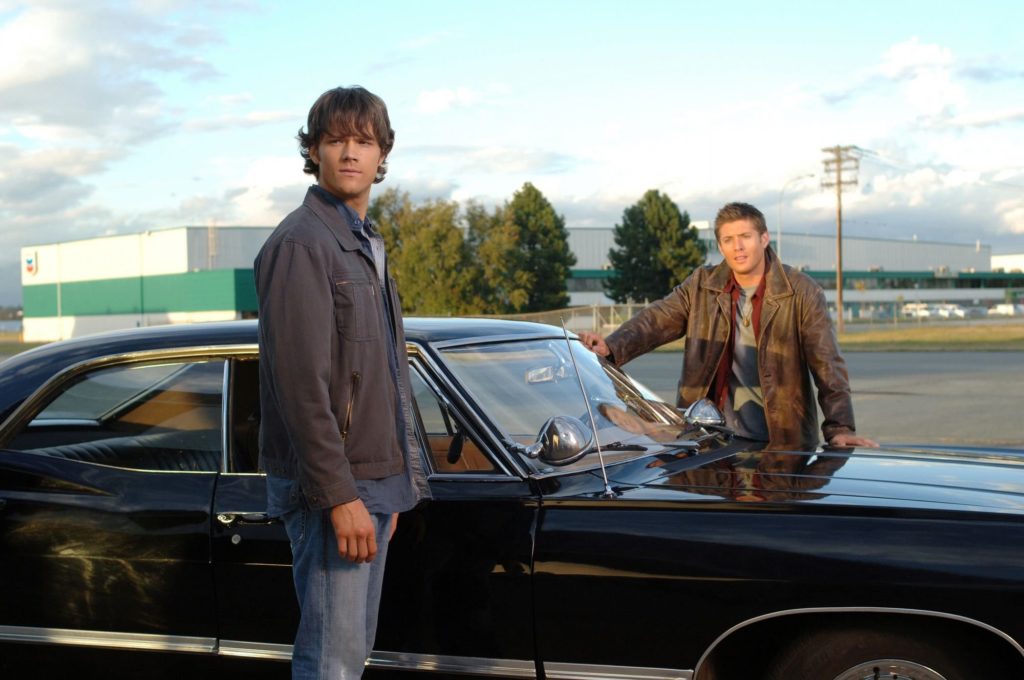
What is further compelling about the show is that it doesn’t always fall into the rugged, lone wolf trope that it easily could have. Though positioned as the heroes of the series, Sam and Dean Winchester are rarely without and people (human and supernatural alike) who become chosen family. Like the monsters they set out to hunt, they are also people living on the margins of society. Sometimes it’s hard to reconcile whether they are on the margins by choice as vigilantes with their privileges and abilities to “pass” helping them hop in and out of the human world as they deem appropriate or if they are in denial by the privileges they have so they can prolong any acceptance of what makes them the same or similar to those they claim to be protecting the world from.
Monsters and supernatural beings are never just that in this genre. Historically, they are coded as the pariahs and scapegoats of society: Jews, women, queer people. Those that are deemed by “civilized” Christian society to have been born with a darkness inside, that are clearly the cause of all the world’s problems and must be destroyed. Much of the representations of these monsters we see and read about in modern media stem from these medieval Christian prejudices and justifications for continued acts of violence toward the marginalized members of their societies. In Supernatural we see Sam and Dean struggle with this time and time again. Though not explicitly Christian in nature, there are many references to stories and figures from Judaism including, my personal favorite, the scribing archangel with chutzpah larger than their human vessel Metatron, the heavy focus on the battle between heaven and hell and what it takes to get into either is straight up New Testament.
Other aspects of strict Christian dogma are the “traditional” ideas of who people are allowed to love and how as well as the rigid expectations of the roles of men and women. Though beginning to change now, that worldview has and still is dominant in the stories that are put forth for audiences to consume. Supernatural falls in line in many ways, but also breaks a significant mold. I can’t recall many shows, if any, that showed young men having relationships that included affection, vulnerability, and desire and willingness to try and set things right with each other, even if imperfectly. Sam and Dean heart-to-hearts, typically taking place in the aforementioned Impala, are a common occurrence episode to episode. When something is on their mind or they are in disagreement they don’t succumb to patriarchy-approved “male” behaviors like, beating the shit out of each other or challenging each other to some sportsing thing. They talk it out (or sometimes in Dean’s case, gruffly yells). Their attempts at communicating, of wanting to be heard and get the other to open up is a stark contrast to the societal messaging that the only emotion acceptable for men to express, regardless of everyone who ends up paying for it, is anger and if anything else arises it must be immediately shut down.
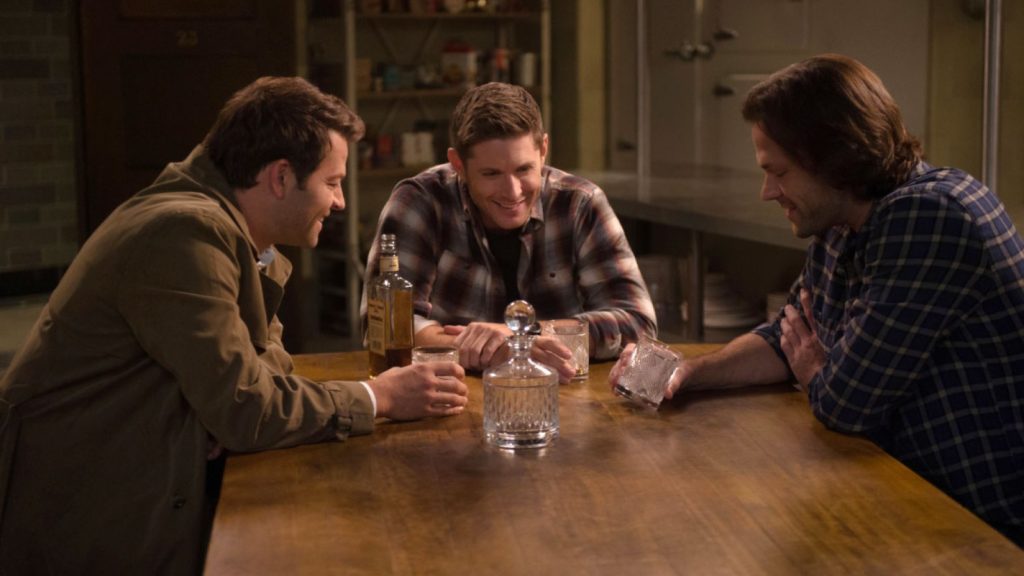
To see men engage in and explore more of their emotional worlds with each other and develop intimacy based on mutual respect rooted in partnership rather than the more normalized form of male bonding over the humiliation and degradation of women, gender expansive and queer folks feels like a breath of fresh air. So much so that in the devastating scene when Castiel tells Dean he loves him mere moments before his end it feels so loaded that it’s almost jarring. Not simply because this scene, in particular, evokes the queer-coded nature of the #Destiel relationship and the accusations against the creators of queerbaiting all the way to the “bury-your-gays” trope, but also because it still feels incredibly rare to see men look at each other and express a deep and heartfelt “I love you.” And I wish that was more normalized.
As a culture we’re in the uncomfortable and frightening moment of reactionary backlash toward conversations we’ve been having about gender, Me Too, CRT, and basic human rights. It’s to be expected that the more inclusive and free from norms and binaries people inherently realize they are, the more threatened people who have not gotten there yet or who benefit from keeping people in particular positions will be. And those struggles are quite apparent in Supernatural as creators tried with some success and definitely big failures to navigate a fan base more in touch with their identities who could bring more insight into characters and their relationship dynamics than the creators possibly anticipated. The struggle to be a person, or supernatural being, or god-like entity is real. For all its missteps, oversights, and messy plot lines, in the end Supernatural is a story about the consequences of our actions, the obstacles we’re able to overcome when we make sure to have a little fun and don’t take ourselves too seriously, and the wild ride life becomes when we find those people we want to go to Hell and back with. Carry on.

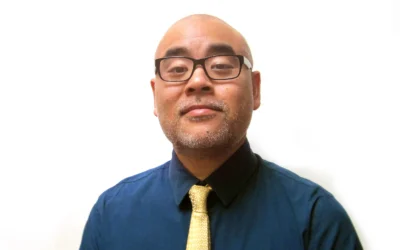
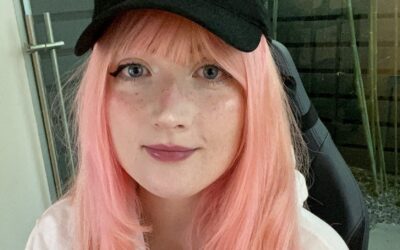
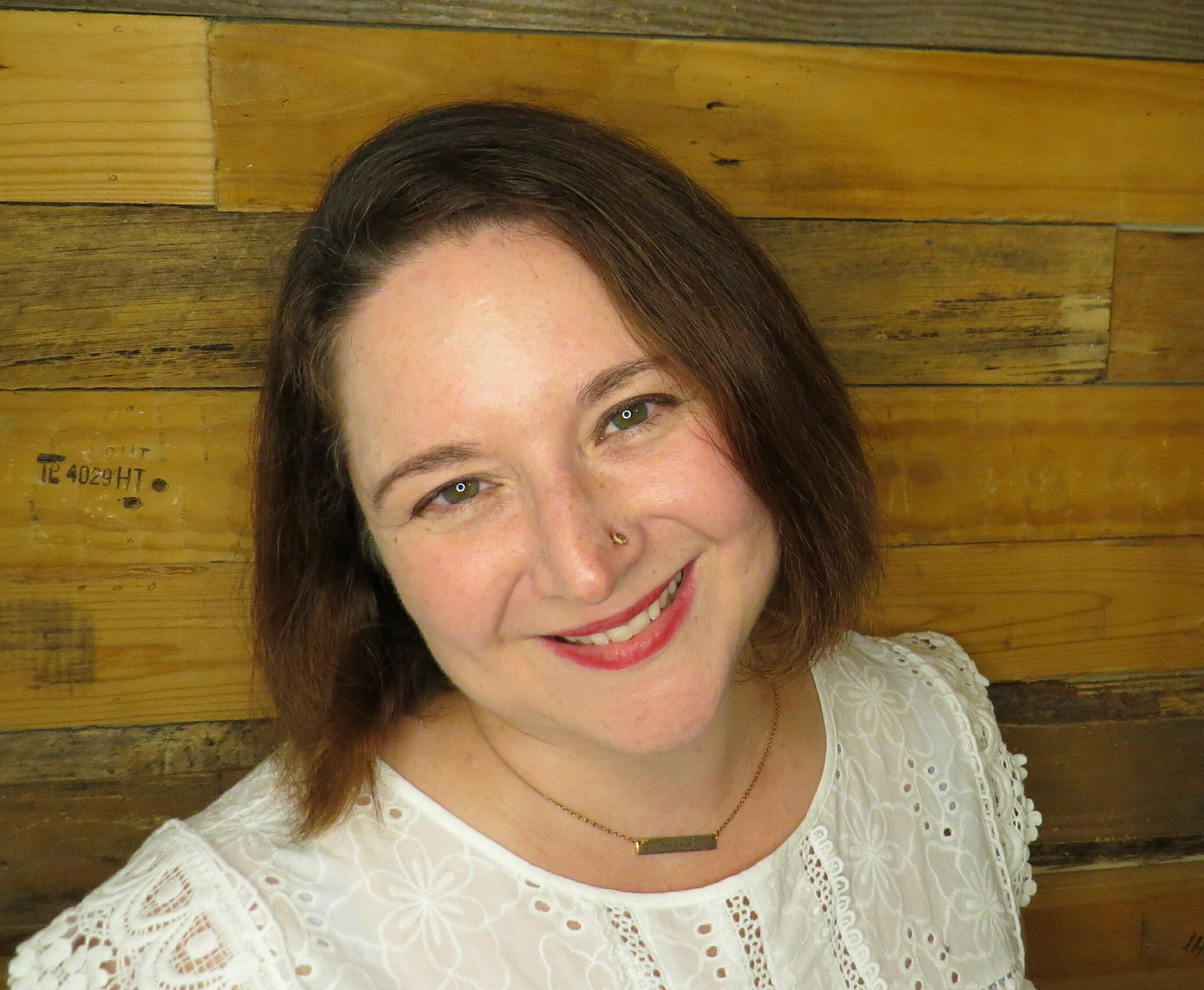
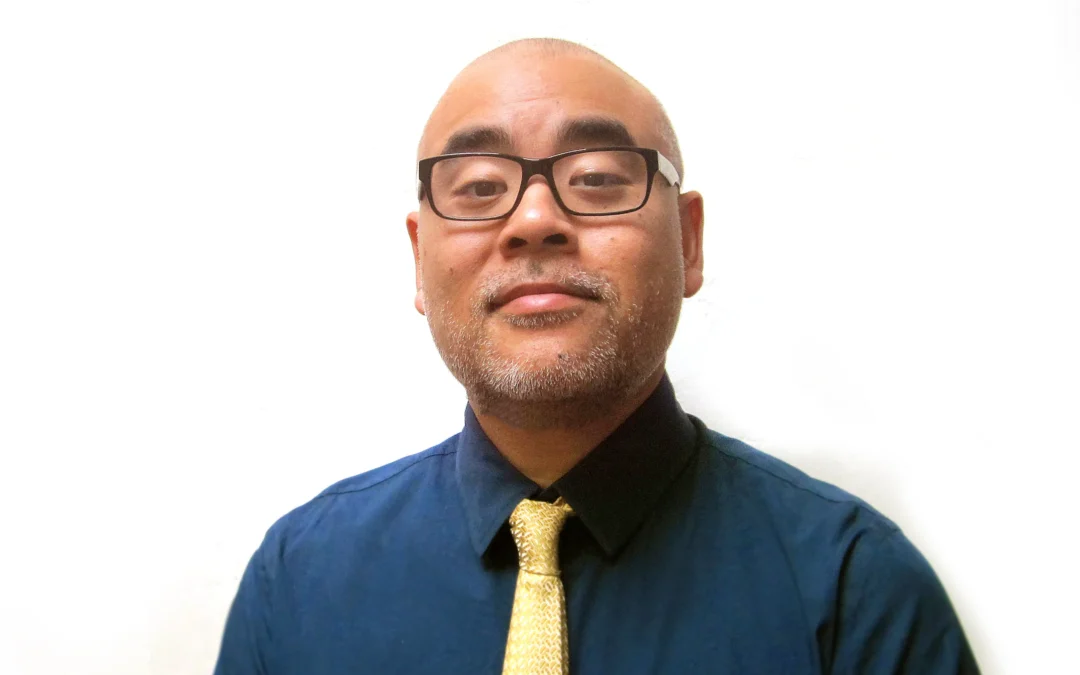
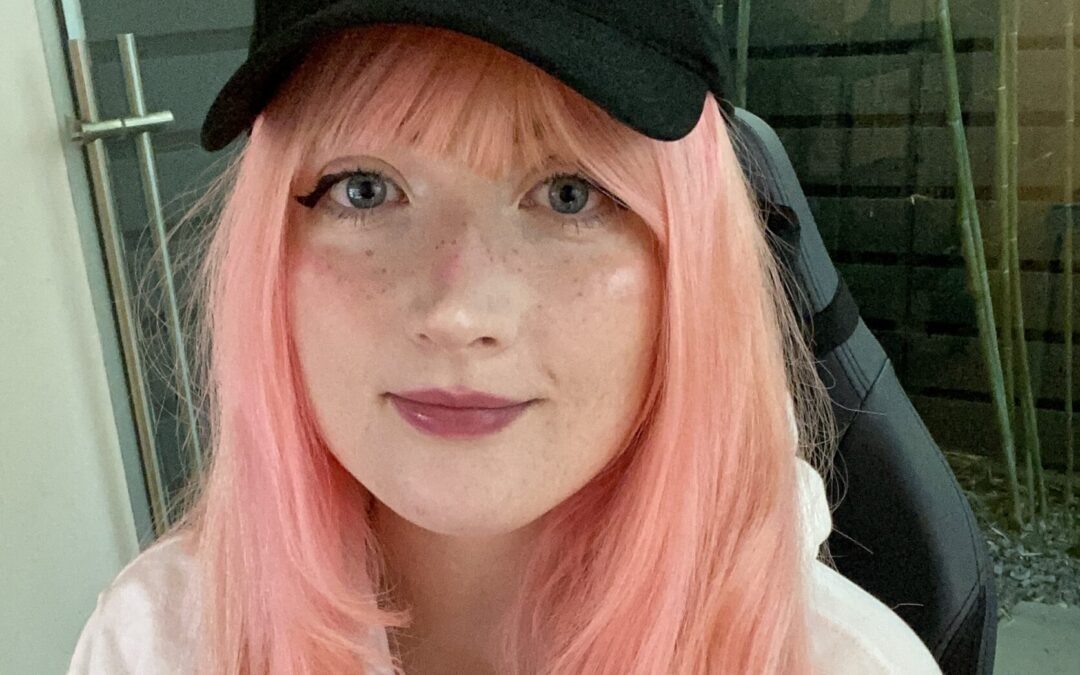
0 Comments